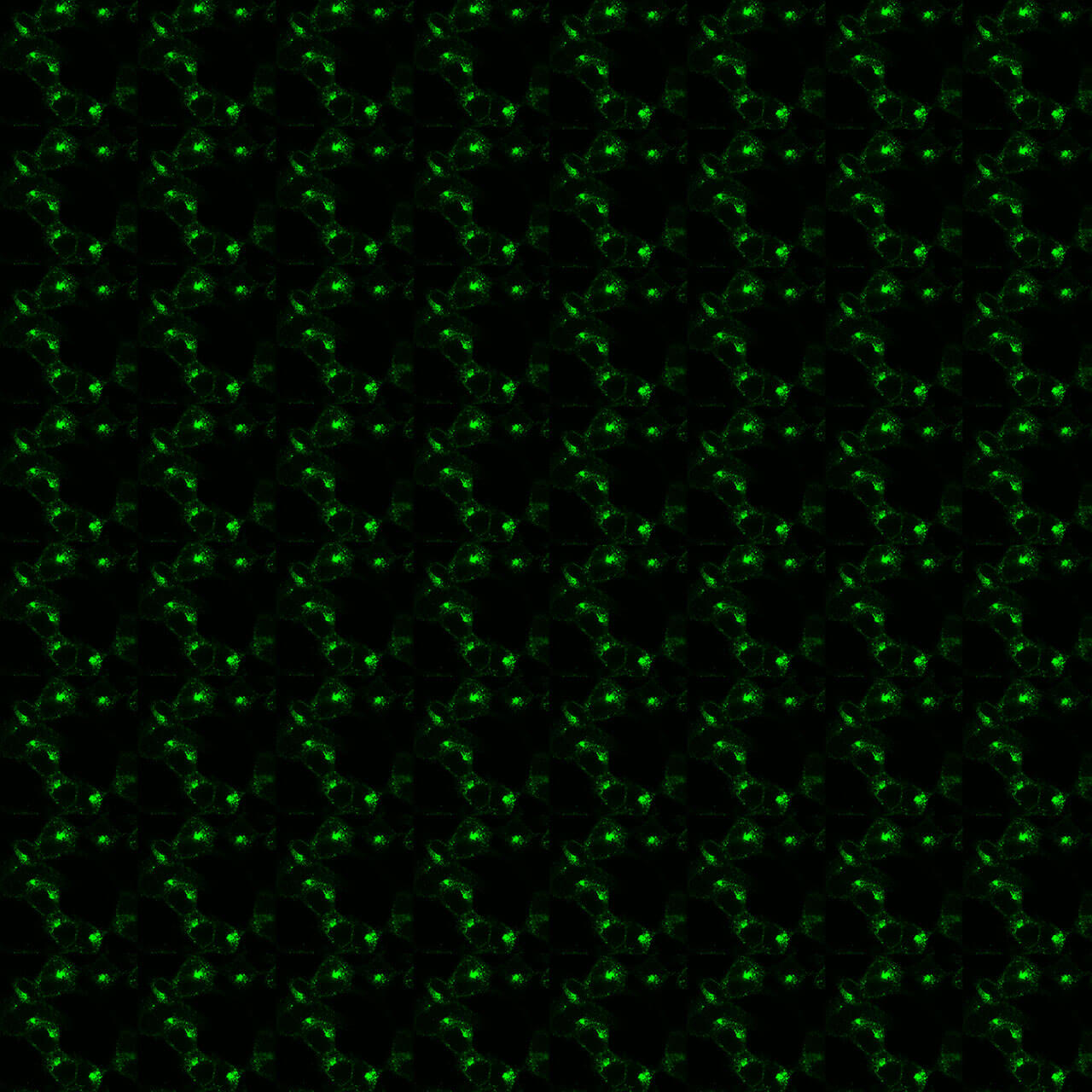No results were found for the filter!
NEW
 pT338-HCA2 (phospho-Hydroxycarboxylic Acid...
pT338-HCA2 (phospho-Hydroxycarboxylic Acid... Threonine338 (T338) is major phosphorylation site of the Hydroxycarboxylic Acid Receptor 2 (HCA2). The pT338-HCA2 antibody detects phosphorylation in response to agonists. T338 phosphorylation is likely to be involved in efficient ligand...
$ 375.00 *
Recently viewed

